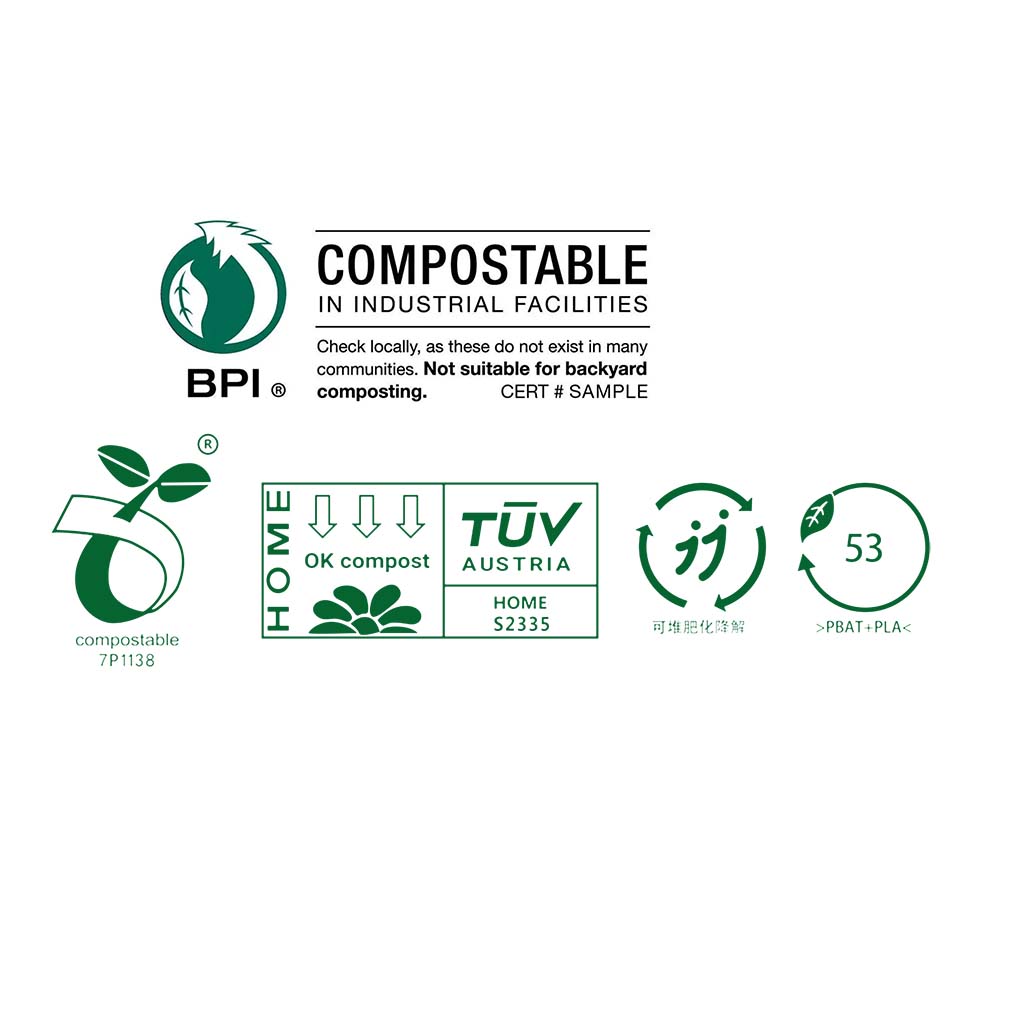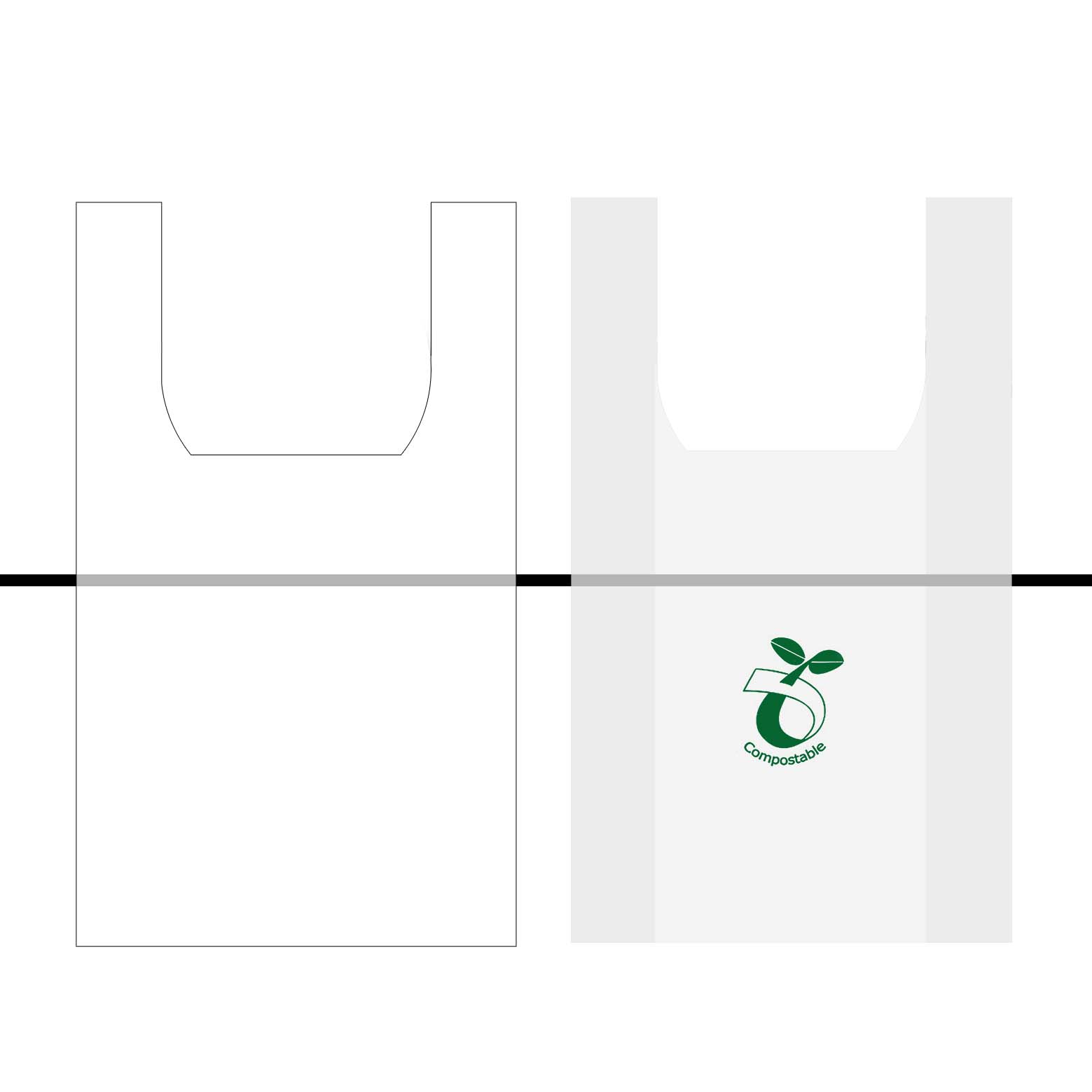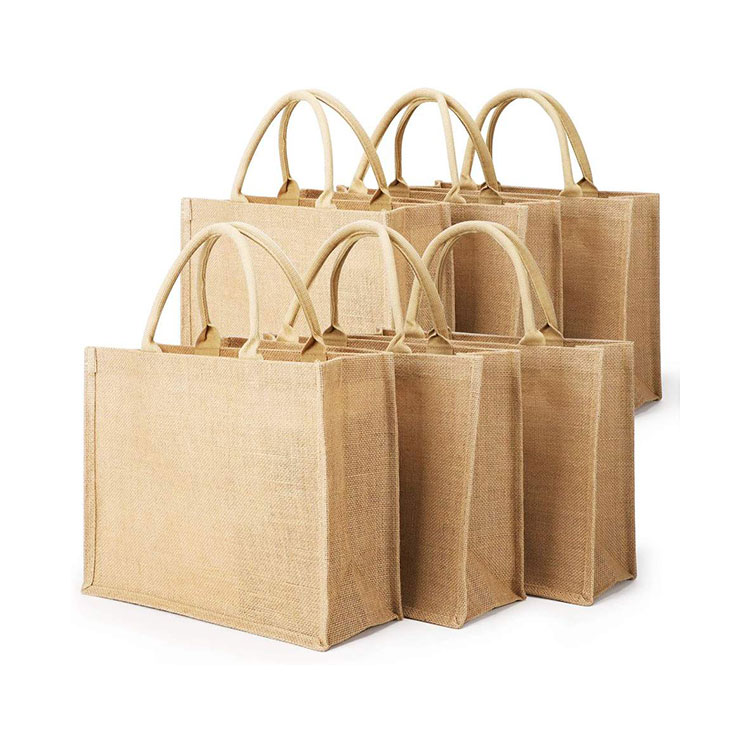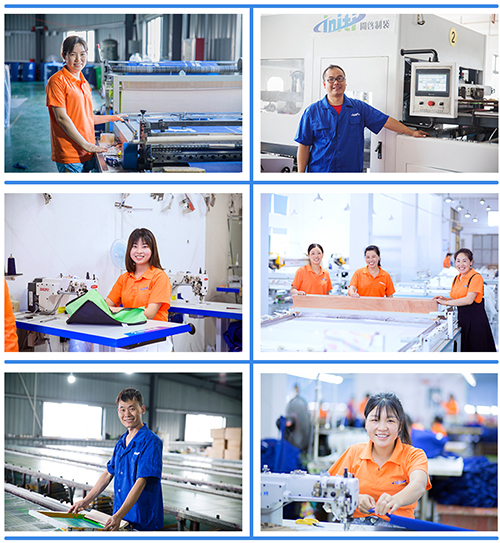How To Identify Biodegradable Shopping Bags ?
Identifying biodegradable shopping bags can sometimes be a bit tricky, as not all bags labeled as "biodegradable" actually meet meaningful environmental standards. To make sure you're choosing genuinely biodegradable shopping bags, here are some steps you can follow:

Check Labels and Certifications:
Look for clear labels and certifications on the shopping bags. Reputable biodegradable bags should have certifications from recognized organizations, such as the Biodegradable Products Institute (BPI) or similar local environmental agencies. These certifications ensure that the bag meets specific biodegradability and compostability standards.
Look for Specific Language:
Genuine biodegradable bags often use specific language on their labels, such as "Certified Compostable," "Meets ASTM D6400 Standards," or "BPI Certified." These indicate that the bags have been tested and approved according to industry standards for biodegradability and compostability.
Check for Eco-Friendly Materials:
Biodegradable bags are typically made from eco-friendly materials like cornstarch, PLA (polylactic acid), or other plant-based materials. These materials break down more readily in natural environments compared to traditional plastic bags made from petroleum-based sources.

Examine Bag Appearance:
Biodegradable bags may look slightly different from traditional plastic bags. They might have a different texture, color, or feel due to the use of natural materials. Keep in mind that the appearance alone is not a foolproof way to identify biodegradable bags, as some manufacturers may still mimic the look of plastic.
Read the Fine Print:
Look for any additional information provided on the bag's packaging. This might include details about the bag's composition, its decomposition timeframe, and proper disposal methods.
Research the Brand:
Research the brand or manufacturer of the bag. Reputable companies that prioritize sustainability often provide clear information about their products' biodegradability and environmental impact on their websites or packaging.
Avoid Misleading Claims:
Be cautious of bags labeled as "degradable" or "oxo-degradable." These terms suggest that the bags break down, but they may only fragment into smaller pieces of plastic, which can still have harmful effects on the environment.
Ask Retailers or Sellers:
If you're uncertain about a bag's biodegradability, don't hesitate to ask retailers or sellers for more information. Responsible sellers should be able to provide details about the bags they are offering.
Consider Home Composting:
If the bag is labeled as compostable, it should ideally be suitable for industrial composting facilities. However, some bags labeled as compostable might also break down in a home composting environment. Check the bag's label for instructions on home composting if applicable.
Remember that while biodegradable bags are generally more environmentally friendly than traditional plastic bags, proper disposal is still crucial. If possible, opt for reusable shopping bags made from durable materials like canvas or organic cotton, as they have an even lower environmental impact in the long run.





